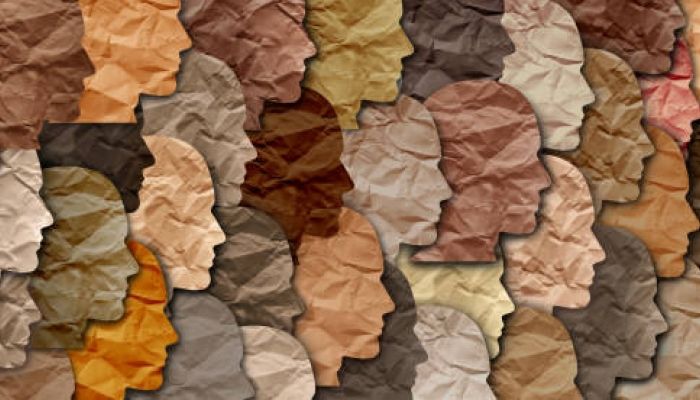The 'shadow pandemic' - violence against women
9 March 2021

Why gender equality matters in crisis response
Words Petra Jenkins
The theme for the United Nations (UN) celebration of International Women’s Day is ‘Women in leadership: Achieving an equal future in a COVID-19 world’.
The UN theme celebrates the efforts by women and girls around the world in shaping a more equal future and recovery from the COVID-19 pandemic. It also highlights the need for governments, communities and individuals to play their part to make this happen.
Petra Jenkins, Salvation Army State Manager – Family Violence NSW/ACT, talks about the issue of Family and Domestic Violence (FDV), showing that gender inequality is still endemic in our communities and needs to be addressed if women and girls are to have equal opportunities, both now and in the future. Petra also highlights the work of Salvation Army female leaders and frontline workers in FDV during lockdowns, and beyond.
The aim of violence and abuse is to create a hostile environment for women with the goal of shaming, intimidating, degrading, belittling or silencing them. Any kind of violence and misuse of power is unacceptable.
Violence is a gendered issue. Yes, men are killed, but rarely by women, and the evidence shows that victims of violence, and specifically murder, are far and away over-represented by women.
Sexual or gendered violence is more nuanced than family violence, and includes harassment in the workplace and public and private forums.
Family violence is hidden, but deadly. One or two women are killed every week. Police are called to domestic abuse incidents every two minutes.
In times of crisis, such as COVID-19 or a natural disaster, the risks of family violence increases exponentially.
In the early stages of the pandemic, Salvation Army services worked quickly to respond to the complications of lockdowns. Isolation enabled more frequent and extreme violence, especially gender-based violence, as safe exit options diminished. Calls to services began increasing after midnight. Referral services increased, in some cases by 150 per cent.
HOPE FROM TRAGEDY
But, from the COVID-19 tragedy, came hope. People had compassion for fellow humans. People made choices, not just for themselves, but for others.
Accountability came under the magnifying glass. Frontline staff shone a light in the darkness for victim-survivors who did manage to escape. Case managers moved to virtual casework meetings for months. Program managers led with a fierce determination to remain ‘business as usual’, so there was always a safe option for people to leave violence.
The Salvos geared up the workforce with the technology to work from home. Case management, emergency relief and support continued, undeterred by the virus.
The invisible, the marginalised, the diverse and those disproportionately impacted by the lack of resource sharing came into focus as we banded together to protect the community, our families and our older people.
The government resourced Family Violence services to be COVID-19 safe and reach isolated victim-survivors. Women on temporary visas experiencing violence were given access to free medical assistance and emergency relief. Policy change came into effect – animals are now included in AVOs [apprehended violence order] and there is a robust debate happening right now across the political landscape on criminalising coercive control.
COMMUNITY
There is a long way to go to achieve liberation from inequities, but there is hope, there is collaboration and there is unity. People now know their neighbours’ names, which may bring a layer of protection instead of ambivalence if they hear someone yelling for help. Community and connection fosters safety, and prevention nurtures non-violence.
In 2021, the Salvos continue to meet the needs of people in hardship. The Family Violence team continues to advocate and hold accountable those who choose to use violence or abuse human rights, and work towards a community that is safe and free from violence and modern slavery, and which challenges systemtic gendered attitudes.
“The waters are rising, but so am I, I am not going under, but over,” said Catherine Booth, co-founder of The Salvation Army. She was a passionate advocate for women and girls experiencing violence and abuse. This passion, and advocacy, continues today.

Comments
No comments yet - be the first.